TLDL & TLDR: This morning I look at the survey results informing both the New Zealand and Australian Government responses to Covid. Voters actually want hard lockdowns and closed borders to continue. Also, I talk about Joe Biden’s big anti-monopoly crackdown announced over the weekend and the cost pressures building at our borders and inside our supply chains.
Also, watch out later today for New South Wales’ latest Covid-19 case count at 1pm our time. Here’s where it gets tweeted out first. It was 77 yesterday, including 33 who were infectious and out and about before testing positive, and NSW Premier Gladys Berejiklian expects over 100 today. Australian PM Scott Morrison is also expected to announce new federal government spending for affected businesses and workers in the state. Meanwhile, Victoria closed its border to New South Wales last night.
I’ll also be watching for NZ retail sales figures via cards later this morning from Stats NZ. My eco-focus this week is on inflation data. We get NZ June quarter CPI data on Friday and key US CPI inflation data for June on Wednesday night.

This morning’s scoops and breaking news
Ben Leahy reports Home loan brokers Mortgage Lab estimates 60 to 70% of first home buyers are now getting help from the ‘bank of Mum and Dad’. ‘Loan Market mortgage adviser Bruce Patten said one of his team specialising in helping first home buyers said virtually every customer he'd worked with this year received some form of parental help.’ (NZ Herald)
Thomas Coughlan reports from briefings to ministers that staff shortages are preventing the creation of new MIQ spaces or a permanent, purpose-built quarantine facility. (NZ Herald)
The surveys informing the Government’s response on Covid
The Department of Prime Minister and Cabinet put out a useful briefing to the Press Gallery on Friday afternoon detailing what its most recent survey (March) of 1,853 NZers are feeling about our Covid-19 response.
Essentially, most New Zealanders are fine with the relatively hard lockdowns and the very conservative approach to reopening the borders. This will frustrate business leaders who want a faster reopening, but gives an interesting insight into why the Government has been so cautious. Older women were the most cautious.
My view: The focus groups in Australia say the same thing. Median voters don’t want to reopen and the success in keeping it out underpins both Governments popularity. Interestingly in a Newspoll result out this morning, Scott Morrison’s popularity has taken a dive in line with the latest outbreak in New South Wales and the slow vaccination programme. (The Australian-$$$)
There but for the grace of god go us. It’s some sort of miracle we haven’t had a Delta outbreak.
Biden vs the monopolies
US President Joe Biden announced a raft of executive orders on Saturday morning our time that are designed to limit or reverse the power of monopolies. He made the case for a repeat of the measures taken in the first 30-40 years of last century to end the gilded age of robber barons and the railway and oil trusts of the early 1900s.
His framing of the issue as one of making capitalism better, rather than turning to socialism, is very effective. Here’s the best of the quotes:
“Capitalism without competition isn’t capitalism; it’s exploitation. Without healthy competition, big players can change and charge whatever they want and treat you however they want. And for too many Americans, that means accepting a bad deal for things that can’t go — you can’t go without.” Joe Biden
So what? Many of the same problems are building here. The Government has done petrol retailing and is investigating a few more sectors, including in supermarkets and in building materials, but slowly and without much vigour. The Commerce Commission is about to get tougher powers, but lacks the vision or energy of someone like Lina Khan, the new chair of America’s Federal Trade Commission. Here’s a good NPR profile on her.
Global logistics chaos pumping up shipping costs
Mediterranean Shipping Company (MSC), the world’s second largest shipping line, is now charging customers extra fees for returning empty shipping containers to its Auckland depot, while the world’s fourth largest line, CMA CGM, is simply refusing to accept them at its Auckland depot, as Dileepa Fonseka reported for Stuff yesterday.
“There are some shipping lines who are seeing this period of time, where rates are at unbelievable historic highs, as revenge for the many years when importers and exporters had rates so cheap. That’s a personal opinion, but that’s what I’ve felt speaking to some of the shipping lines. The feedback’s almost ‘well you guys had it so good for 10 years, now it’s our turn’.” Customs Brokers and Freight Forwarders federation president Chris Edwards.
My view: This will eventually sort itself out, but the key question is whether these one-off fees and charges, and the higher container rates, generate price and wage increases down the chain. That then becomes an inflation problem that central banks will have to respond to. So far, central banks have seen this as temporary. I agree with that. Those ships and containers and factories have not been physically destroyed by Covid. They’re still there and will reassert themselves to drive prices lower later on.
Could the NPS-UD be accelerated?
Henry Cooke rightly points out in his weekend column for Stuff that the National Policy Statement for Urban Development (NPS-UD) pushed through by Phil Twyford last year before he was pushed aside may actually be his main legacy.
I’m hearing around the traps that Government is looking to accelerate the NPS-UD from 2024, but the Councils will need a lot more financial help with infrastructure to make this real.
Listen to my podcast ‘When the facts change’ from Friday to get a better sense on that.

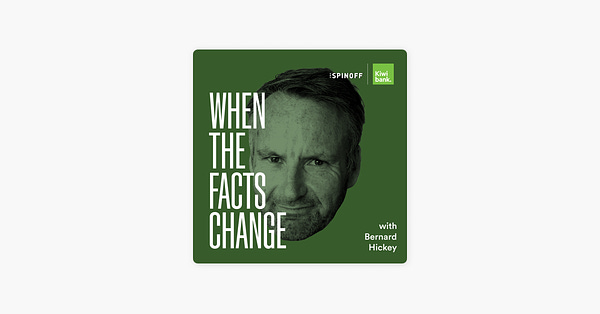
Signs o’ the times news
This is problematic for the Government. A website, MIQHelpers, is charging New Zealanders upwards of $1200 so they can secure a spot in MIQ. (TVNZ)
Useful longer reads or listens
Here’s a deeper look at bitcoin’s biggest headwind and the race for central bank digital currencies. China’s own push for an e-renminbi is the key thing to watch, as Martin Farrar reports for The Guardian.
This is an excellent deep dive into Biden’s Sweeping Action on "Big Tech, Big Pharma, and Big Ag." Can It Be Real?, by Matt Stoller.
Reuters has found that Chinese gene firm BGI’s prenatal test, one of the most popular in the world, is a source of genetic data for the company, which has worked with the Chinese military to improve “population quality” and on genetic research to combat hearing loss and altitude sickness in soldiers.
This is a useful WSJ-$$$ piece on the skills mismatch problem. It reports there’s a combo of workers not wanting to go back to crappy jobs, workers moving, and the acceleration of digitisation changing job requirements.
Charts of the day

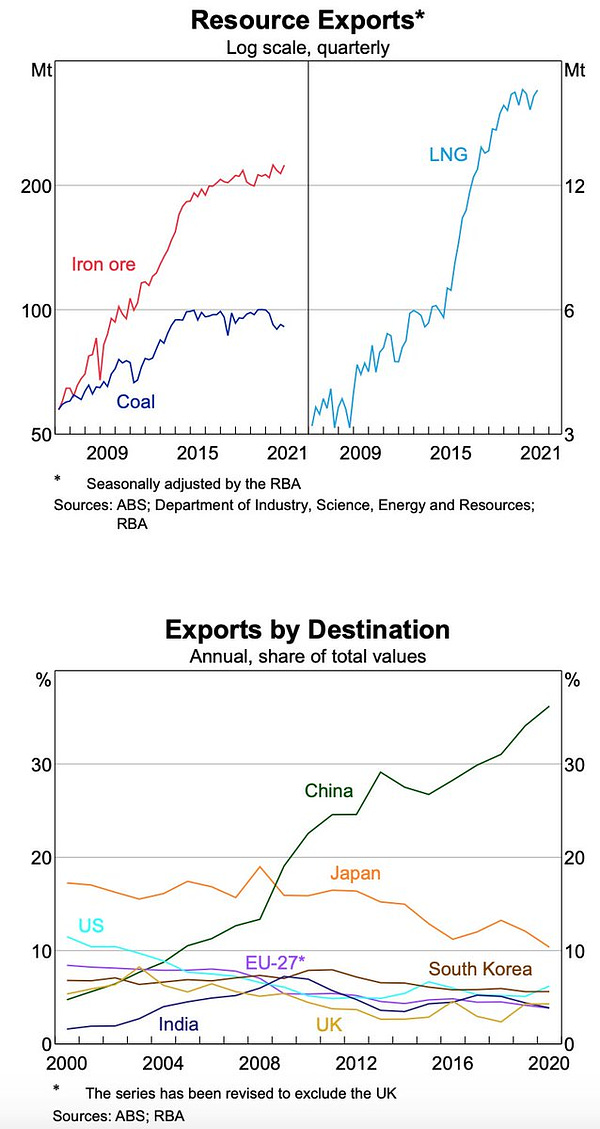

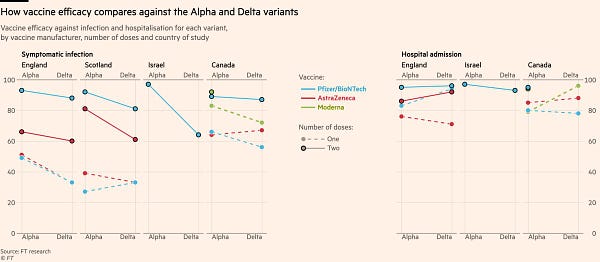

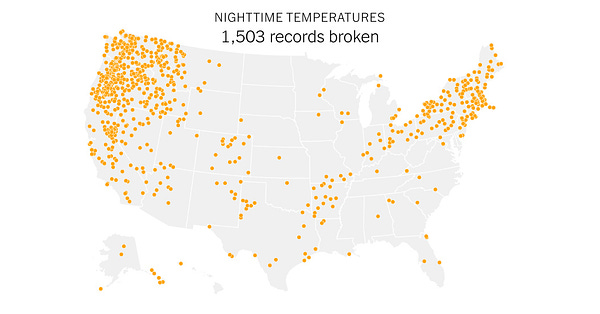
Some fun things

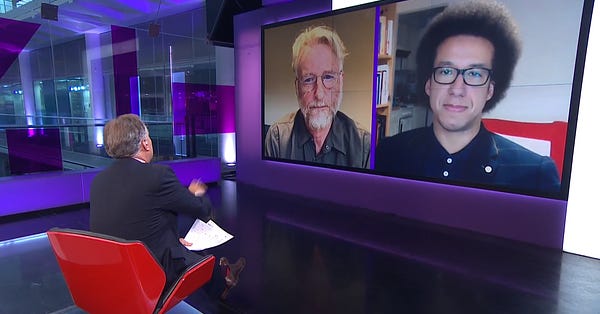
Ka Kite ano
Bernard





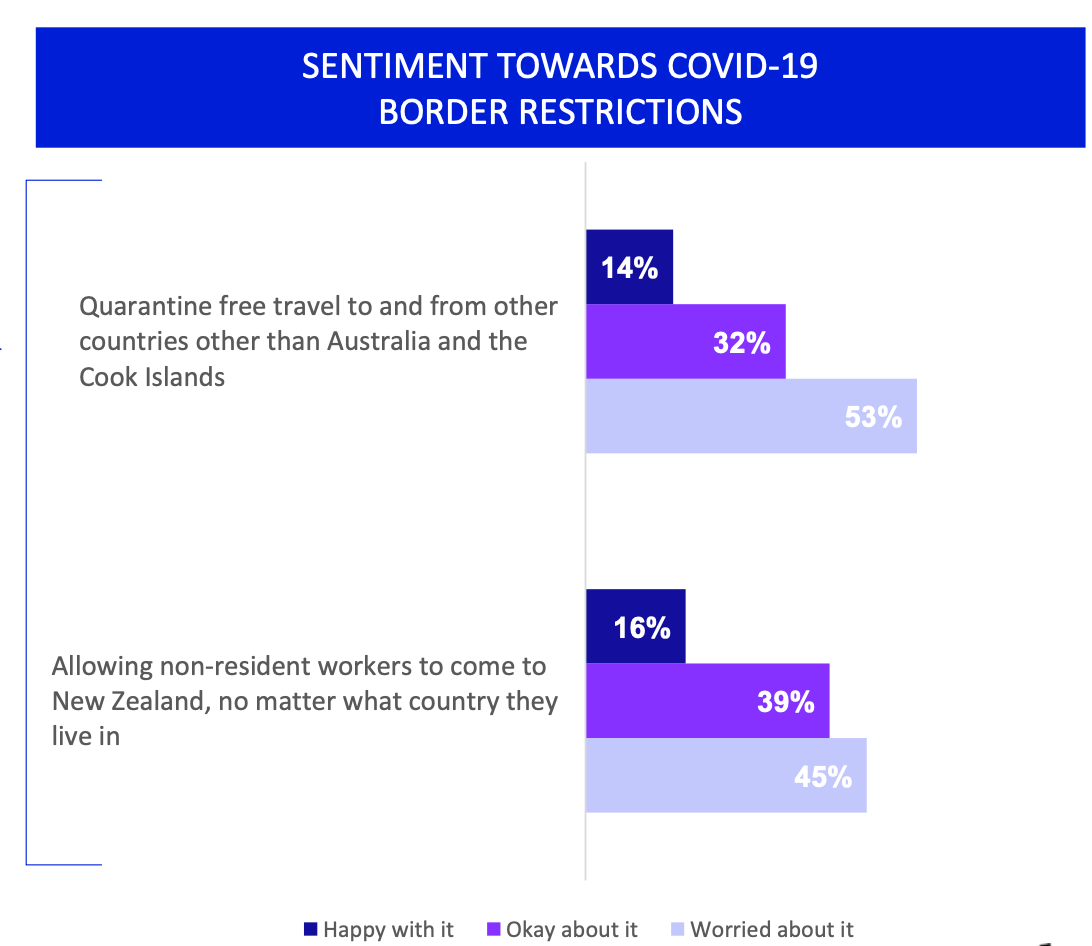

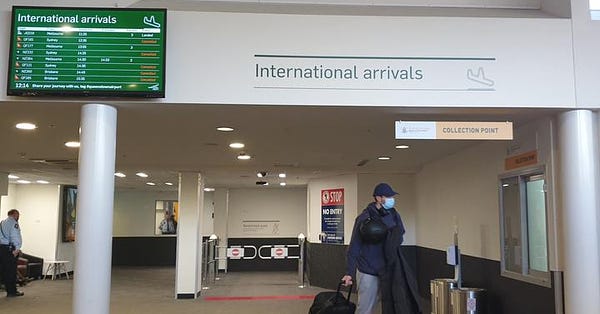













Share this post